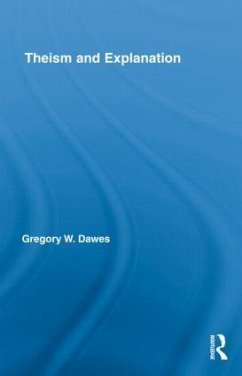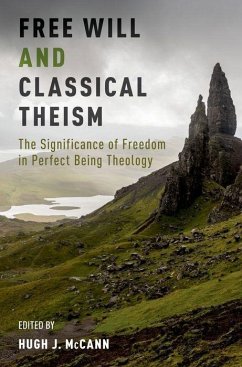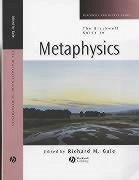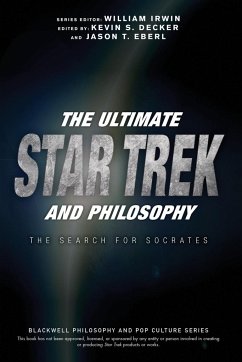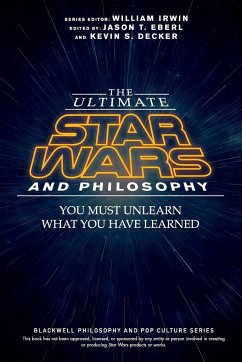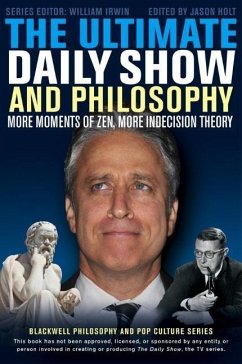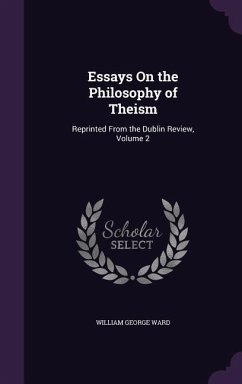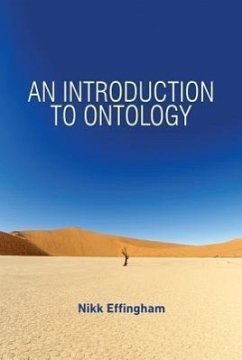Nicht lieferbar
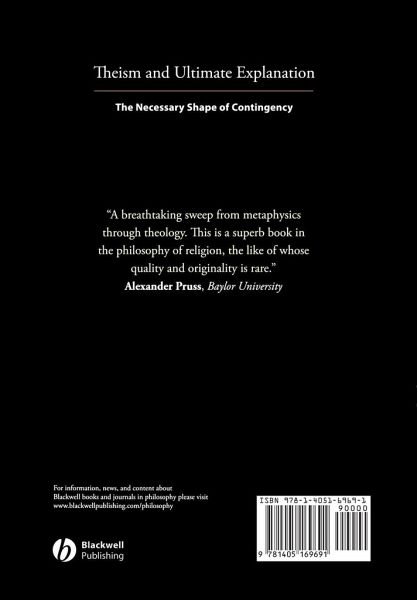
Theism and Ultimate Explanation
The Necessary Shape of Contingency
Theism and Ultimate Explanation engages with the traditional metaphysician's quest for a true ultimate explanation of the most general features of the world we inhabit. The first part of the book develops an original view concerning the epistemology and metaphysics of modality, or truths concerning what is possible or necessary. This framework is then applied to a re-examination of the cosmological argument for theism. O'Connor defends a novel version of the Leibnizian cosmological argument from contingency for the existence of a transcendent necessary being as the source and basis for the ult...
Theism and Ultimate Explanation engages with the traditional metaphysician's quest for a true ultimate explanation of the most general features of the world we inhabit. The first part of the book develops an original view concerning the epistemology and metaphysics of modality, or truths concerning what is possible or necessary. This framework is then applied to a re-examination of the cosmological argument for theism. O'Connor defends a novel version of the Leibnizian cosmological argument from contingency for the existence of a transcendent necessary being as the source and basis for the ultimate explanation of contingent beings and their interconnected histories.




